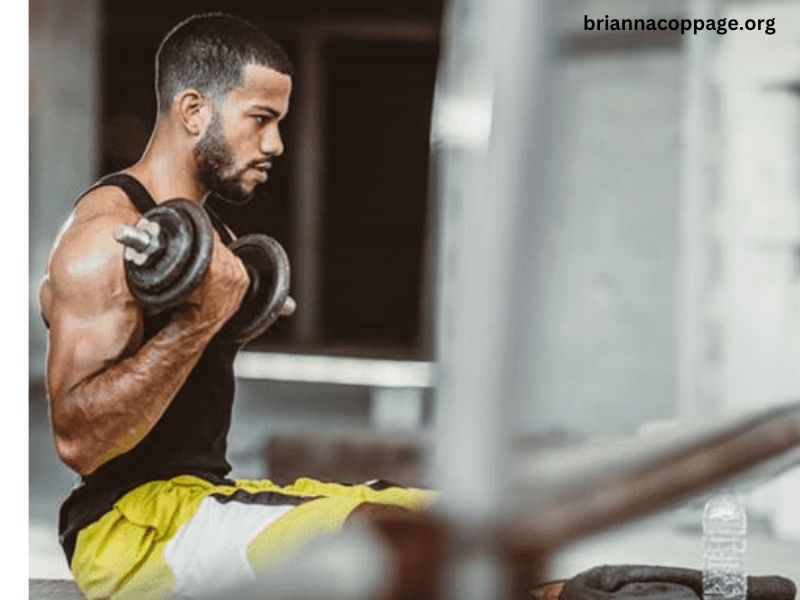Affect Karate is a martial art that emphasizes speed, agility, flexibility, and technique. While traditional training methods focus on these aspects, there is growing interest in how strength training, particularly weightlifting, can enhance performance in karate. This article delves into the potential effects of lifting weights on karate performance, examining the benefits, considerations, and best practices for integrating strength training into a karate regimen.
Understanding Karate Performance
Before exploring the impact of weightlifting, it’s essential to understand what constitutes karate performance. Key components include:
- Technique: Mastery of movements, stances, and strikes.
- Speed: The ability to execute techniques quickly.
- Agility: The capacity to change direction and position effectively.
- Endurance: Stamina to sustain performance throughout training or competition.
- Power: The combination of strength and speed, crucial for delivering effective strikes.
Karate practitioners typically develop these attributes through techniques such as kata (forms), kumite (sparring), and conditioning exercises. The question arises: can lifting weights contribute to these components, particularly power and endurance?
The Role of Strength in Karate
Strength is a foundational element in martial arts. It supports various movements, from powerful strikes to stable stances. Here’s how strength influences karate performance:
- Power Generation: Strength training can enhance the power behind strikes. The ability to generate force is crucial for effective kicks and punches. Research indicates that increased muscle strength can lead to improved power output.
- Injury Prevention: A strong body can better withstand the stresses of training and competition. Strengthening muscles, tendons, and ligaments can reduce the risk of injury, which is vital for long-term practice.
- Endurance: While aerobic conditioning is crucial, muscular endurance also plays a role in maintaining performance throughout a match or training session. Lifting weights can improve the endurance of specific muscle groups used in karate.
Research on Weightlifting and Martial Arts
Several studies have examined the relationship between strength training and martial arts performance. A common conclusion is that weightlifting can significantly benefit practitioners when integrated properly. Here are some findings:
- Improved Power: A study published in the Journal of Sports Science & Medicine found that strength training led to improved explosive power in martial artists. This was especially evident in their kicking and punching abilities.
- Enhanced Agility: Strength training can also contribute to better agility. A study demonstrated that athletes who incorporated strength training into their routine improved their agility and reaction times, both crucial for effective sparring.
- Increased Performance Metrics: Research has shown that martial artists who engaged in strength training experienced enhanced performance metrics, such as faster kicks and stronger punches.
Considerations for Karate Practitioners
While weightlifting can offer numerous benefits, there are important considerations for karate practitioners to keep in mind:
1. Balance with Technique Training
Weightlifting should complement, not replace, traditional karate training. Practitioners must ensure that strength training does not detract from their technique and skills development. A well-structured program balances strength training with martial arts practice.
2. Individual Differences
Every practitioner has different goals, strengths, and weaknesses. Some may benefit more from strength training than others. It’s crucial to tailor weightlifting programs to individual needs, considering factors such as age, experience level, and specific martial arts goals.
3. Proper Technique in Lifting
Just as in karate, proper technique is essential in weightlifting to avoid injury. Practitioners should focus on learning correct lifting techniques and consider working with a qualified trainer, especially when starting.
4. Recovery and Adaptation
Weightlifting places additional stress on the body. Adequate recovery is vital to allow muscles to repair and strengthen. Incorporating rest days and active recovery techniques is essential to avoid overtraining.
Best Practices for Integrating Weightlifting into Karate Training
For karate practitioners looking to incorporate weightlifting, the following best practices can help maximize benefits while minimizing potential downsides:
1. Focus on Functional Strength
Choose exercises that translate well to karate movements. Compound lifts like squats, deadlifts, and bench presses build overall strength. Additionally, incorporate functional movements like kettlebell swings and medicine ball throws to mimic karate dynamics.
2. Emphasize Core Strength
A strong core is vital for effective striking and stability in karate. Incorporate core-strengthening exercises like planks, Russian twists, and rotational medicine ball throws to enhance your performance.
3. Prioritize Plyometrics
Plyometric exercises, which involve explosive movements, can significantly benefit martial artists. Integrating exercises such as box jumps, jump squats, and explosive push-ups can improve power and agility.
4. Adapt Training Volume and Intensity
Adjust the volume and intensity of weightlifting based on your karate training schedule. During high-intensity karate training periods, consider reducing weightlifting volume to avoid fatigue.
5. Listen to Your Body
Pay attention to how your body responds to the combination of weightlifting and karate training. Adjust your routine based on fatigue levels, performance metrics, and overall well-being.





